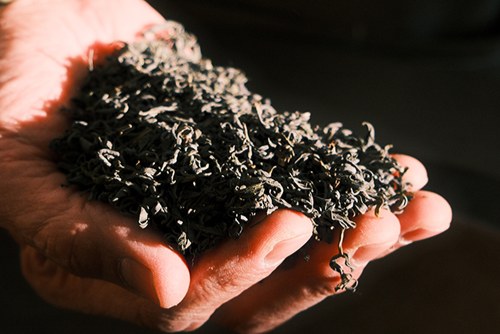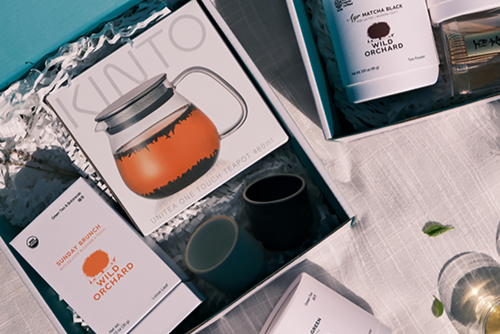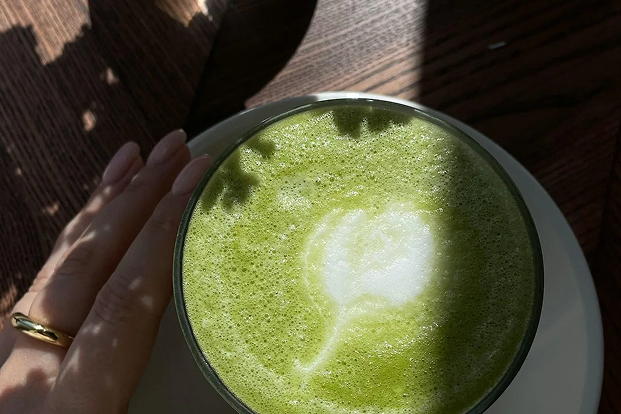Regenerative Farming

After visiting our farm on Jeju Island, Organic Certification Specialist, Rob Milner, wrote:
“The tea plants were not pruned to traditional practices to increase yields but, left to grow as natural as possible to enrich the tea with flavors as intended by nature... the inputs used in their fertility plan not only help with plant nutrition, they contribute to a micro-environment for each plant that contributes to those unique flavors. The tea crops had been certified to USDA and EU organic since 2007, however, the culture for this life style of farming… existed long before organic certification standards and today’s conventional farming practices were ever a thought.”
Wild Orchard's farm on Jeju Island uses no fertilizers, sprays or even a basic irrigation system to water the tea crops. The island's temperate climate produces copious rainfall and a constant sea breeze so that no manmade irrigation or air circulation systems are needed. The native volcanic soil is so alive and mineral-rich that it is completely fertile on its own (early on when the tea plants were very young and in need of some support, the farm's organically raised geese roamed the tea fields, eating only the sprouting weeds while naturally fertilizing the soil with their droppings).
Our entire farm, from the tea fields to the near and distant surrounding woods, is thriving with native plants, insects, wild animals, and trees, all enriching the soil's diverse microbiome. Growing our tea trees organically and regeneratively by focusing on soil health allows us to work in concert with nature, contributing to long-term solutions to our climate and health crisis.



